New Scientist covers the latest developments in science and technology that will impact your world. New Scientist employs and commissions the best writers in their fields from all over the world. Our editorial team provide cutting-edge news, award-winning features and reports, written in concise and clear language that puts discoveries and advances in the context of everyday life today and in the future.
Elsewhere on New Scientist
Dead and buried • If ancient humans had their own funeral rituals, what does that mean for us?
New Scientist
A star-studded view from above
Is it time to aim for 1.7°C? • With the world on the cusp of passing 1.5°C of warming, scientists are turning their attention to defining a new limit – but not everyone agrees that we should, says Madeleine Cuff
A big blow for big bounce theory • Some physicists believe our universe came from a big bounce following another universe’s collapse – but quantum theory could rule this out, finds Karmela Padavic-Callaghan
The world is losing ground in the fight against measles • Anti-vaccine sentiment has spurred outbreaks of the disease around the globe and could lead to a rise in other preventable illnesses, says Grace Wade
Weird galaxies from the early universe have been spotted surprisingly nearby
Human activities have eroded almost all the soil in the Alps
Obesity may come in 11 types • Understanding different forms of obesity could help guide which treatments and prevention strategies work best for individuals, finds Chris Simms
Rare sighting of snow leopard cubs
Modified microbe could stop kidney stones
Neanderthals had local food cultures • Cut marks on bones reveal that Neanderthal groups had their own distinct butchery style
Small worms develop a taste for microplastics
Ancient rocks show earliest evidence of tectonic activity on Earth
Gobbling up dark matter may help stars live forever
Brain changes may lead to anorexia • In children with anorexia nervosa or other restrictive eating disorders, changes in the brain’s outer layer don’t seem to be due to lack of nutrition alone, finds Grace Wade
Don’t fear your child’s afternoon nap
Long-standing knotty problem finally solved
How human eggs stay fresh so long • Slower natural cell processes may explain why eggs have unusually long lifespans
Underwater volcanic brine pools could be home to extreme life
Play on • Music is a powerful, evidence-based tool for promoting mental well-being. It should play a much bigger role in society, says Stefan Koelsch
This changes everything • Social media is dying A new information ecosystem is on the rise, featuring closer connections, cosy media and worker-owned websites, writes Annalee Newitz
New heights
A synthetic sisterhood • A novel about a female robot just won a prestigious literary award. But she is hardly the first of her kind, says Sophie Bushwick
Our favourite robots • From Data and Deckard to WALL-E and BB8, New Scientist staff pick the greatest robots from books, films and TV series
The sci-fi column • Bitter ends In the late 1800s, a feud breaks out between rival magicians who both claim they can teleport. Can either of them really do it, or is it all an illusion? Either way, the newly republished novel The Prestige is extraordinary, says Emily H. Wilson
Your letters
Backdoor to reality • Our search for new particles has been fruitless so far, but they might be hiding in a tiny slice of reality we are only just starting to glimpse, says particle physicist Harry Cliff
The ingredients of reality • The standard model of particle physics lists the particles that constitute matter and the fundamental forces
Down...
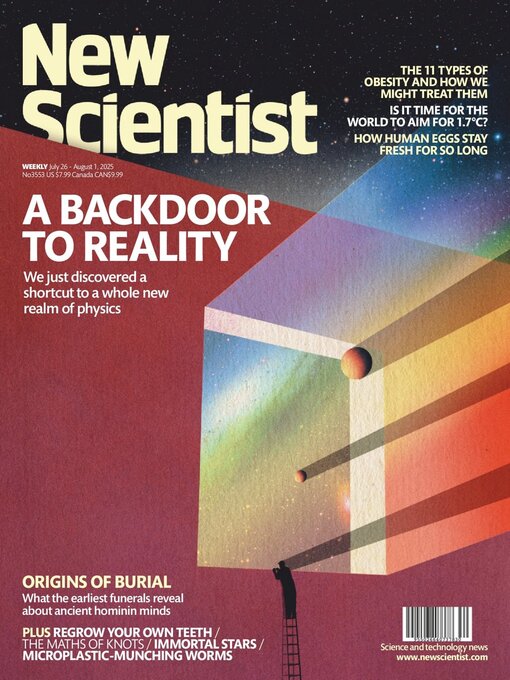
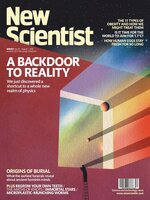 Jul 26 2025
Jul 26 2025
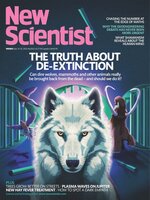 Jul 19 2025
Jul 19 2025
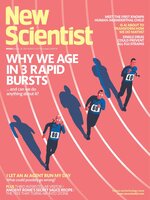 Jul 12 2025
Jul 12 2025
 Jul 05 2025
Jul 05 2025
 Jun 28 2025
Jun 28 2025
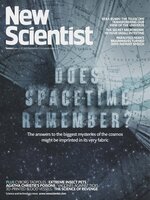 Jun 21 2025
Jun 21 2025
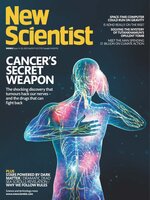 Jun 14 2025
Jun 14 2025
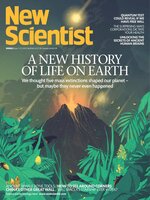 Jun 07 2025
Jun 07 2025
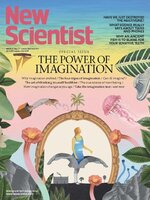 May 31 2025
May 31 2025
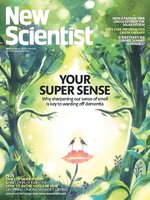 May 24 2025
May 24 2025
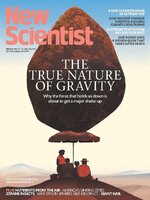 May 17 2025
May 17 2025
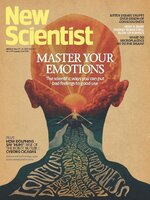 May 10 2025
May 10 2025
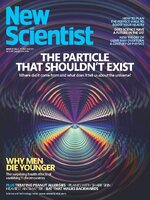 May 03 2025
May 03 2025
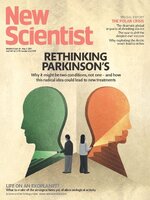 Apr 26 2025
Apr 26 2025
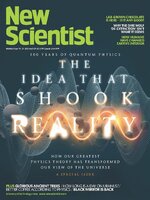 Apr 19 2025
Apr 19 2025
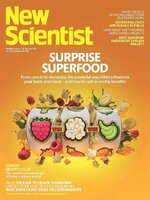 Apr 12 2025
Apr 12 2025
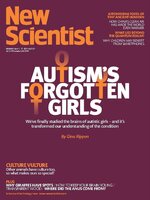 Apr 05 2025
Apr 05 2025
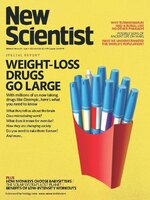 Mar 29 2025
Mar 29 2025
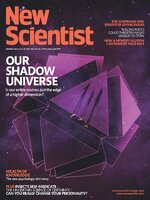 Mar 22 2025
Mar 22 2025
 Mar 15 2025
Mar 15 2025
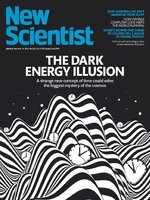 Mar 08 2025
Mar 08 2025
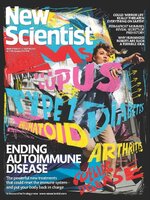 Mar 01 2025
Mar 01 2025
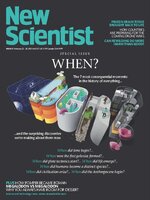 Feb 22 2025
Feb 22 2025
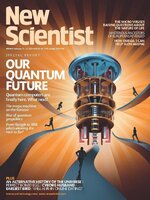 Feb 15 2025
Feb 15 2025